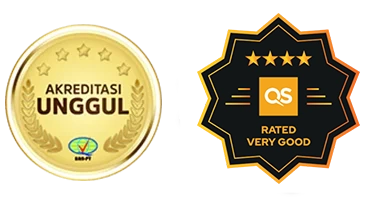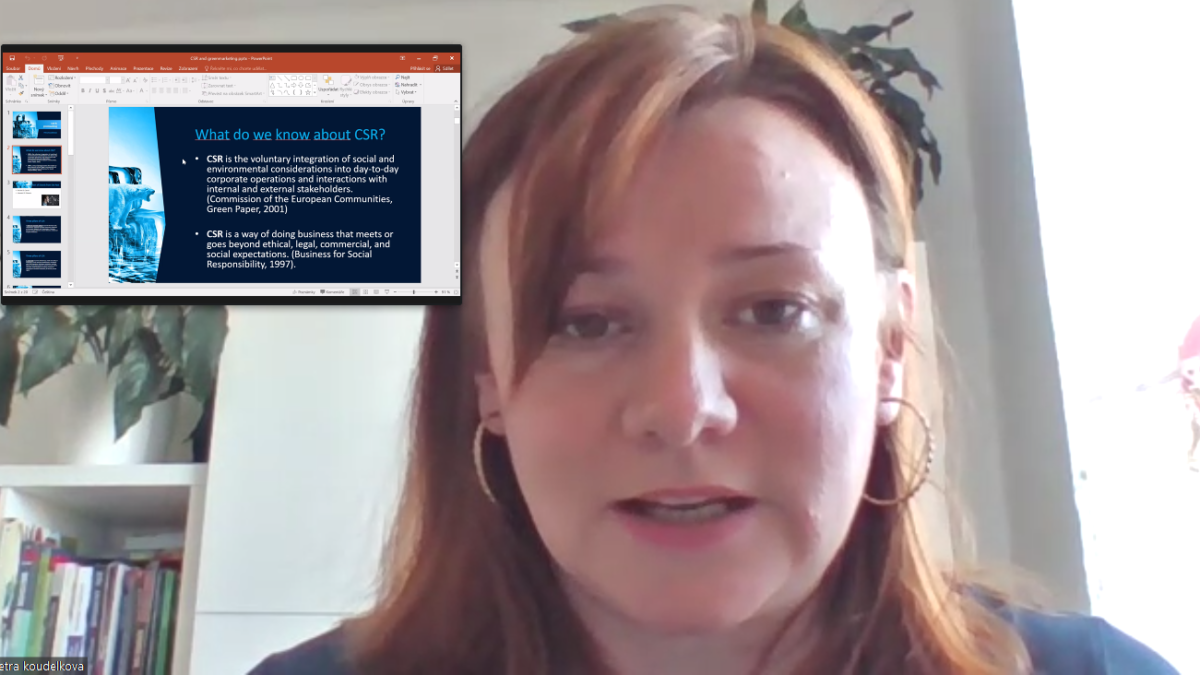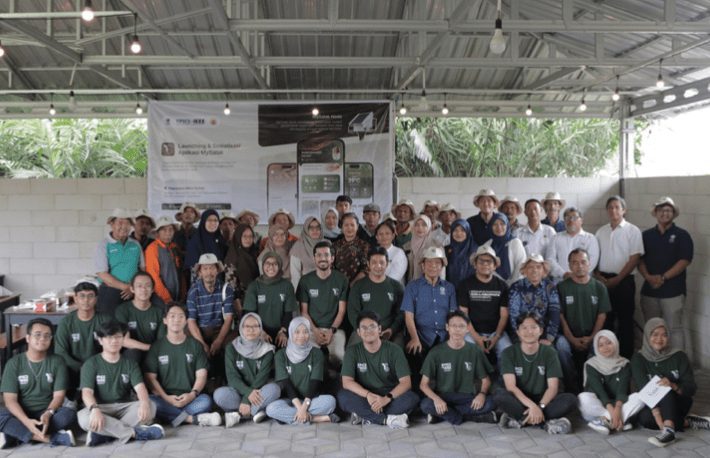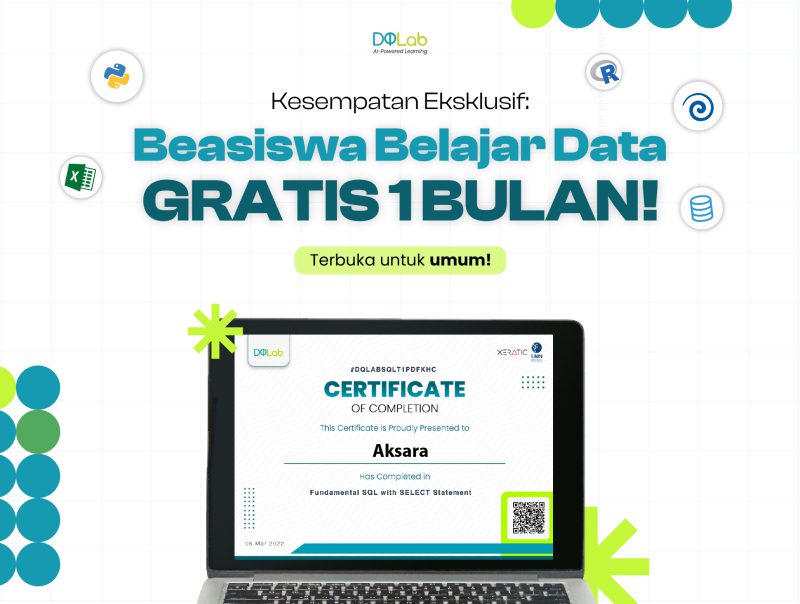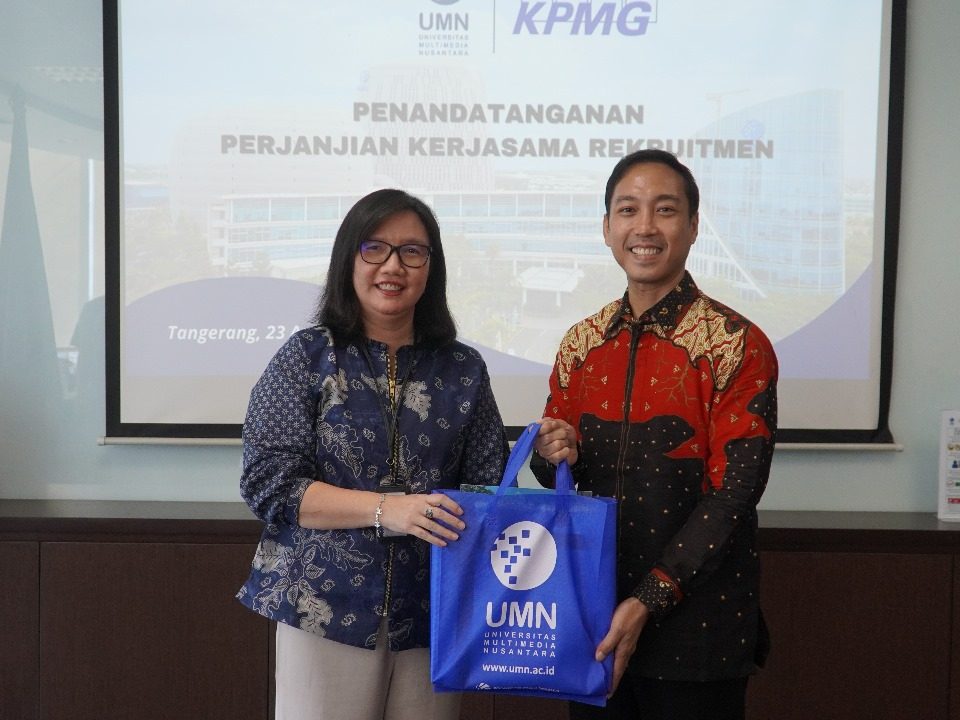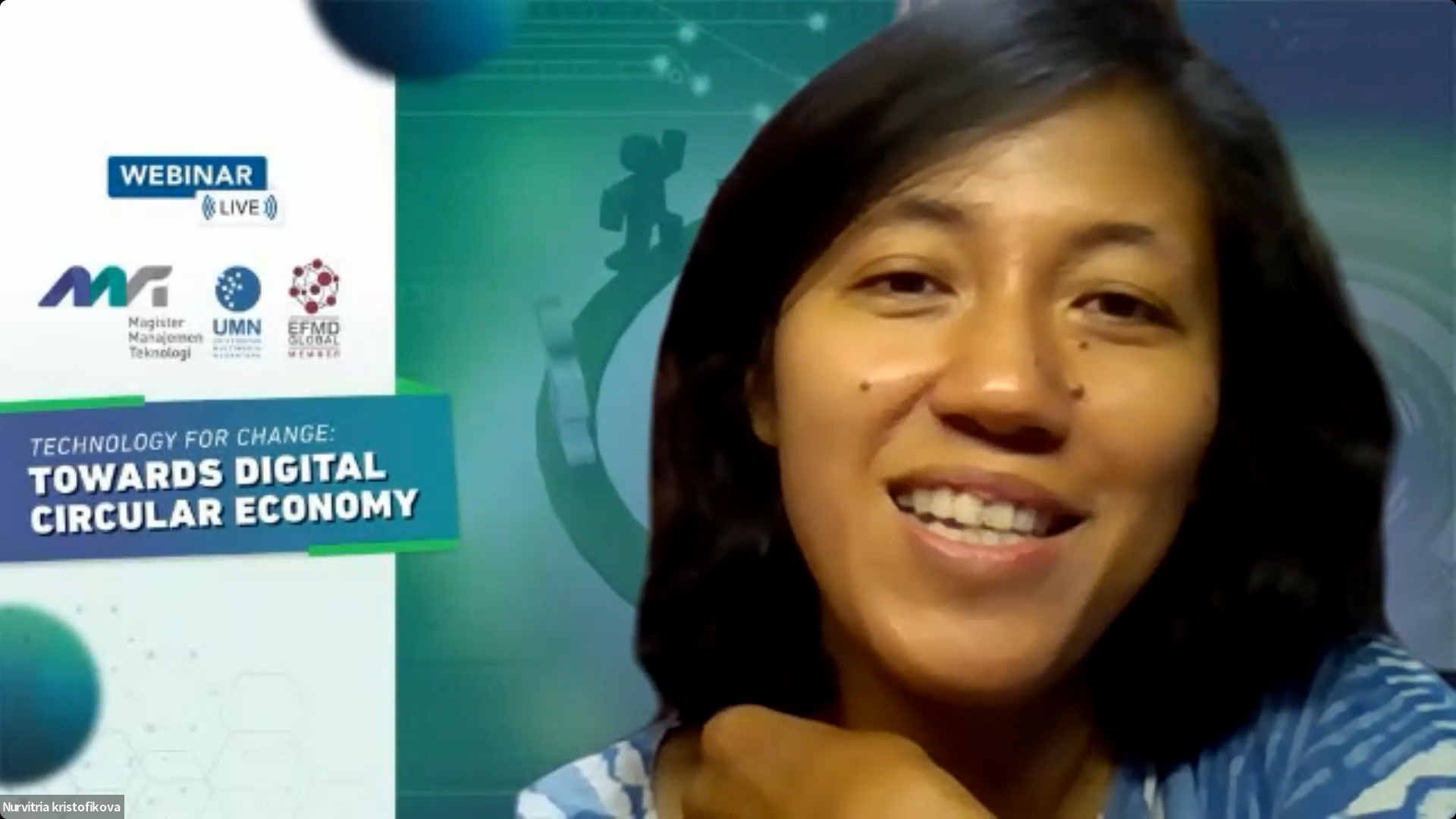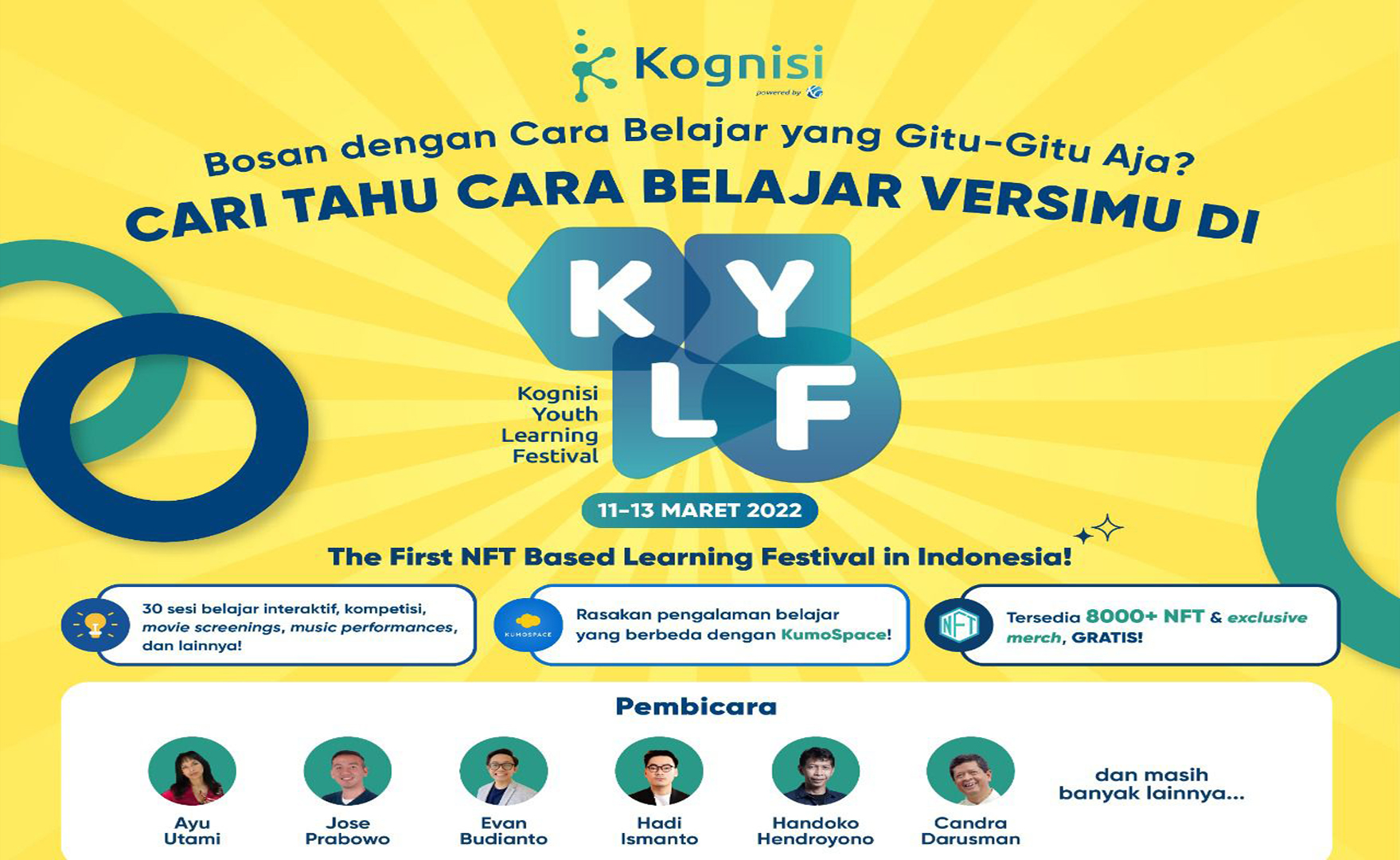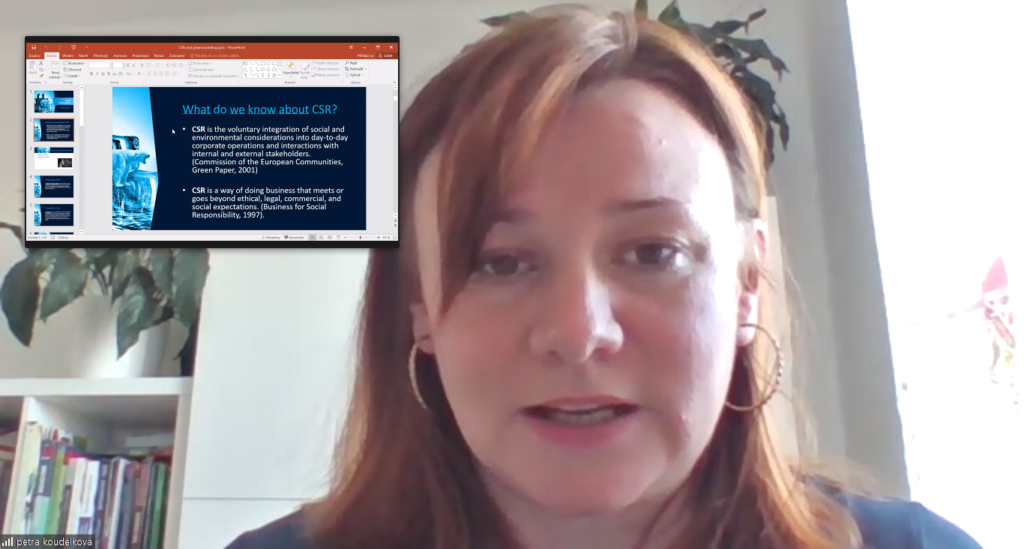
Guest lecturer Petra (dok.UMN)
TANGERANG – The Study Program of Communications Multimedia Nusantara University (UMN) held a guest lecture virtually on the 9th March 2022. Themed “Communication For Sustainable Development,” the lecture discussed the concept of corporate social responsibility (CSR), greenwashing, and putting the planet first. Two speakers will present their materials regarding this theme: Maria Advenita Gita Elmada, lecturer of Communication Science at UMN, and guest speaker Petra Koudelkova, an Assistant Professor at IKS2 Charles University.
“Sustainable development is something that can be achieved if the effort came from every side. From the government, the people, the academics, the NGOs, and the corporations. So it is important for you in the communications science department to know how to do corporate communication in regards to sustainability,” Maria said, opening this guest lecture.
Maria expresses how sustainability became a mainstream business concern with stakeholders like investors, clients, even employees are expecting sustainability in businesses and companies.
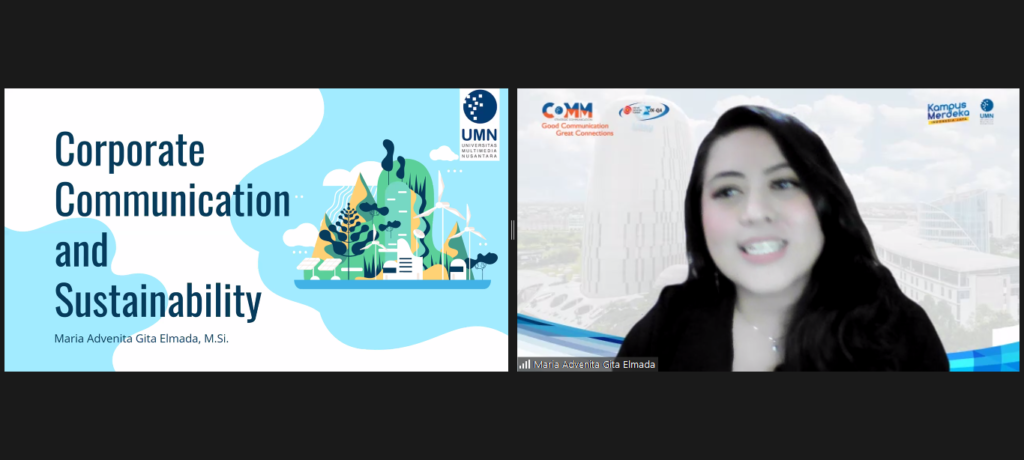
Lecturer Maria (dok.UMN)
“Employees want to contribute to the world. Especially for younger people, applicants are now making sure that the companies’ values match with theirs when choosing a career. So if we communicate the sustainability of our company, it can increase the interest of your potential employees in the future,” Maria said.
With that being said, communicating sustainability will increase a company’s brand image and reputation. Companies must know how to communicate on how they contribute to the better of the environment. And it’s not just reducing the negative impacts but also making more contributions to the better of the environment.
Many brands have done different ways to communicate their sustainability with the public. The issue here is that with the pressure of being sustainable, many companies ended up doing what’s called “greenwashing,” whether intentionally or not.
Also read Product Knowledge for UMN Lecturers by Taylors University
“Greenwashing is a deception tactic employed by companies that can cause customers to believe its products, services, or mission are more environmentally impactful than how it actually is. Greenwashing is an environmental issue,” Petra explained.
Petra mentioned the seven sins of greenwashing: the sin of the hidden trade-off, the sin of no proof, the sin of vagueness, the sin of worshipping false labels, the sin of irrelevance, the sin of lesser of two evils, and the sin of fibbing.
“I think fibbing is the worst kind of sin,” Petra emphasized. Fibbing are environmental claims that are blatantly false, like saying that diesel car emits zero carbon dioxide.
Other than the seven sins, Petra added another sin called “green visual” sin. She explained that green visual is when brands or companies use lovely images of nature, animals, or even using the color green in their brand or products. This can make people think that the brand is eco-friendly when it isn’t.
As students in communication, Maria and Petra emphasize the importance of knowing how to communicate sustainability in brands creatively and avoiding greenwashing.
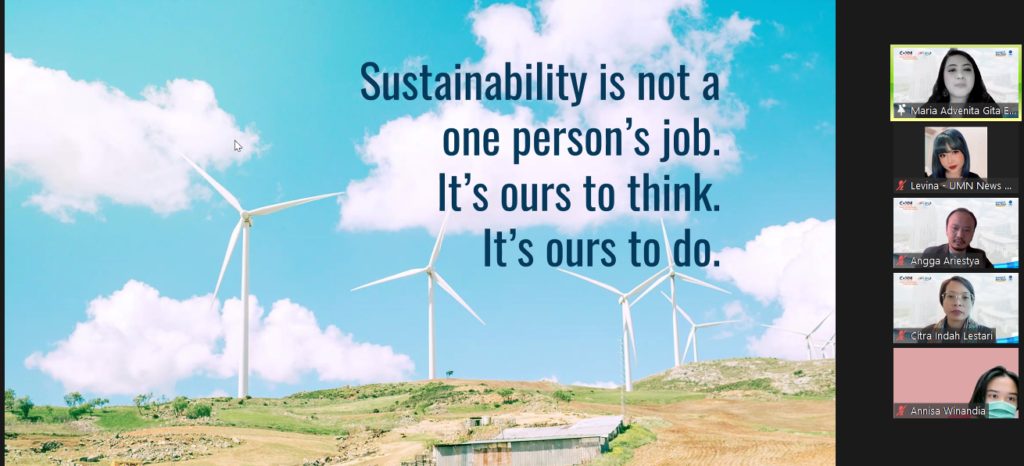
Speaker Maria (dok.UMN)
‘Honesty and transparency are key,” Maria said. To prevent greenwashing, don’t exaggerate or even spread false claims. Instead, show the world your efforts, even your struggles. Every part of the industry strives to be sustainable. A company shouldn’t show how perfect they are but how they contribute to being sustainable in the long run.
In business sustainability, there is this thing called the “3P” (People, Planet, Profit). This framework help businesses to attempt to be more socially responsible and not just focus on money. But in UMN, students are taught to put the planet first (Planet, People, Profit).
“The Planet should first because People are the ones causing the problems happening on this earth,” Cindy, a UMN student in Communications expressed.
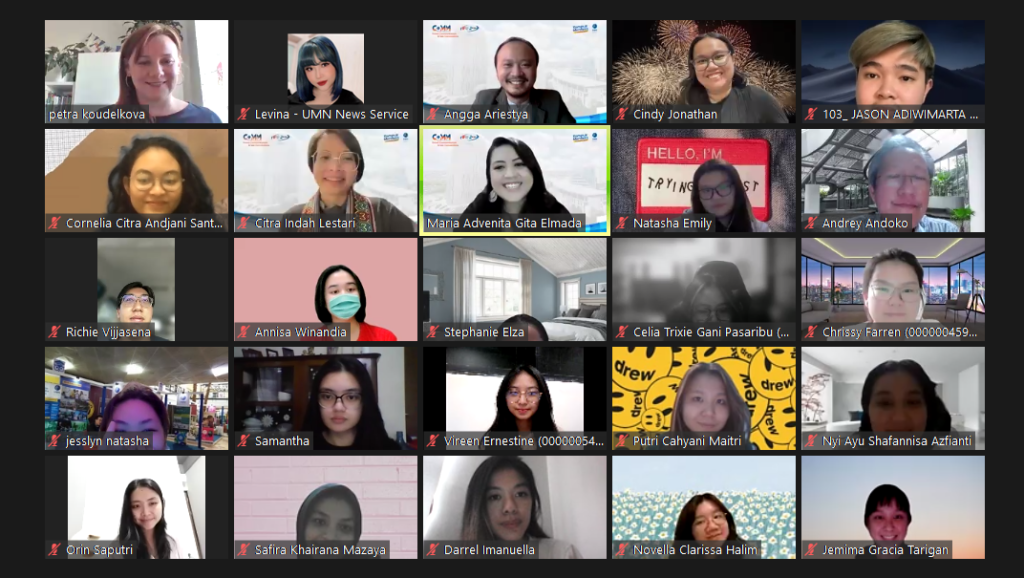
Group Photo (dok.UMN)
It is hoped that this lecture could remind UMN students in communication and other participants of the importance of sustainability for the planet and the business.
*by Levina Chrestella Theodora – Universitas Multimedia Nusantara News Service
Kuliah di Jakarta untuk jurusan program studi Informatika| Sistem Informasi | Teknik Komputer | Teknik Elektro | Teknik Fisika | Akuntansi | Manajemen| Komunikasi Strategis | Jurnalistik | Desain Komunikasi Visual | Film dan Animasi | Arsitektur | D3 Perhotelan | International Program, di Universitas Multimedia Nusantara. www.umn.ac.id

